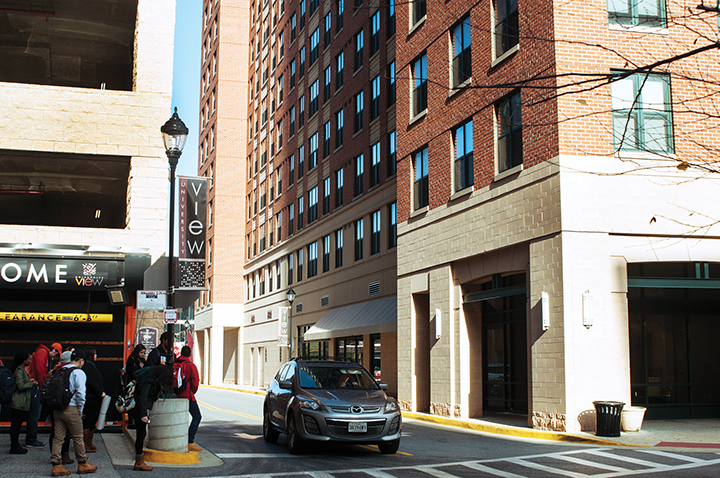Views expressed in opinion columns are the author’s own.
As I re-signed my lease for The Varsity last week, I noticed a peculiarity: My rent for the upcoming year had increased by around $40. While this isn’t a substantial increase, it seems unwarranted given that — to my understanding — there are no planned improvements to my living conditions or the overall community.
Perturbed, I contacted some of my friends who live in both on and off-campus apartments and discovered that certain tenants in South Campus Commons have experienced a consistent increase of about $30 over the past few years. A four-bedroom, two-bathroom apartment is now $935 a month, comparable to rates at The Varsity.
As a long-term tenant, it’s natural to experience an increase in your rent at some point or even yearly. Rent, like any other service, is subject to inflation and should be readjusted so the underlying monetary value remains constant. In addition, increases in property taxes may reduce rental income and prompt landlords to justifiably raise the rent.
But affordable housing has been a persistent issue in College Park, and unjustifiable increases in rent will harm tenants who may already struggle to pay their bills. College Park legislators need to act to prevent corporations, as well as the University of Maryland, from exploiting students who may not have any viable alternatives to living in these complexes.
Unwarranted increases in rent could be linked to the termination of the rent stabilization ordinance in College Park in 2014. A rent stabilization measure is important because it prevents landlords from excessive profiteering by setting limits on the amount they can charge and the yearly increases in rent.
Inflation in the U.S. economy is currently at 1.6 percent and has been under the Federal Reserve’s target rate of 2 percent for the last seven years. And in the proposed budget for College Park in fiscal year 2020, the real estate property tax is expected to decrease. Given these favorable conditions for landlords, it’s unreasonable for rent to increase relatively substantially without corresponding increases in property value.
It’s important to note that the target demographic for apartments located in or around this university is students. Undergraduates and graduate students can only make a maximum of $15.00 and $16.65 an hour, respectively, at this university. In addition, it’s difficult to work full time while balancing school and extracurriculars. As a result, students have a lower income than a typical tenant and thus are more affected by any real increase in rent that can result with no rent stabilization law.
Rent may also increase in the future due to the construction of the new Greystar development intended to replace a strip of stores on Route 1. According to Greystar representative John Beinert, rent could cost $1,500 per bed — about 18 percent more than the monthly cost for one bed in an apartment-style dorm this school year. In a market where the supply of tenants is unlikely to decrease, high rents in this new development could lead to further increases in neighboring complexes — such as South Campus Commons — and make affordable housing almost impossible to find.
As students at this university, our primary concern should be getting a degree, not worrying about our housing situation. Stable housing is a legitimate concern — and legislation needs to be enacted that protects students’ financial interests against undue hikes by property owners.
Kevin Hu is a sophomore physiology and neurobiology major. He can be reached at kevxhu@gmail.com.



